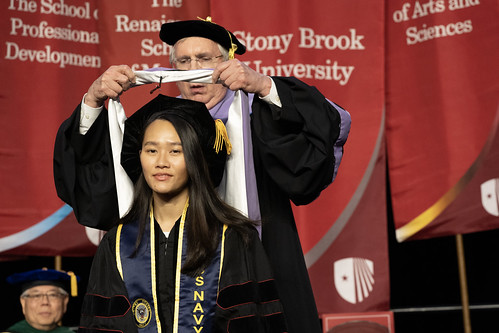Boston mayor Michelle Wu ripped over 'unserious' plan to give 11-year-old kids, migrants voting powers

Boston’s woke mayor Michelle Wu has been ripped over a “tone-deaf” and unserious plan to give kids as young as 11 and undocumented migrants voting power when it comes to deciding how millions of dollars in public funds are doled out.
The city’s new participatory budgeting voting process, which will go into effect from July, gives ordinary Bostonians the ability to decide how a portion of the city’s budget will be spent, the Boston Herald reported.
City Councilor Ed Flynn, a Democrat, slammed the new process — specifically the involvement of children — during a committee hearing reviewing Wu’s fiscal year 2025 budget earlier this week. Boston Mayor Michelle Wu has been ripped over a “tone-deaf” and unserious plan to give kids as young as 11 and undocumented migrants voting power. Getty Images for The Asian American Foundation
He also aired his grievances in a letter to the Office of Participatory Budgeting’s director, Renato Castelo, in which he flagged his “unequivocal and vehement opposition” to the looming process.
During this time of great fiscal uncertainty with a study warning that remote work policies and the city’s declining commercial property values may cost us $500 million in revenue annually, as well as a subsequent proposal to also tax commercial property at a higher rate now more than ever, it is critical that we show the taxpayers of Boston that we take our financial responsibilities seriously,” Flynn wrote.
Allowing children to decide the usage of taxpayer dollars would do just the opposite, and be viewed as tone-deaf, unserious and wholly inappropriate by my constituents.” City Councilor Ed Flynn (center) slammed the new process — specifically the involvement of children — during a committee hearing reviewing Wu’s fiscal year 2025 budget earlier this week. Boston Globe via Getty Images
Boston’s participatory budgeting — a process that’s gaining popularity in other progressive cities — was initially approved by a ballot measure back in 2021.
The relevant board and office was then set up after being approved by the council late last year.
From July, residents will be able to dictate how $2 million in city funds should be spent after the Wu administration handpicks 15 community priorities for them to choose from.
Flynn argued the $2 million figure was too significant” given the current economic conditions.
Several other councilors griped, too, that the process gave greater budgetary powers to taxpayers than the council itself.
